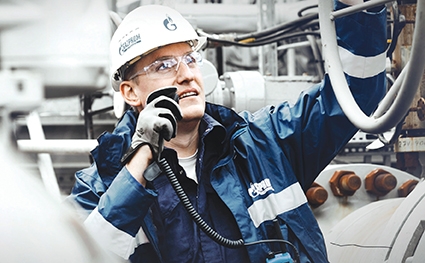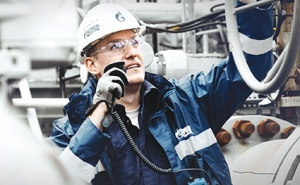Germany Reacts to Russia Sanctions, Asks to Postpone Nord Stream-2 Projects
The Federal Network Agency of Germany (Bundesnetzagentur) has demanded changes be made to the development plan for gas networks until 2026 and that it no longer include five energy projects related to the Nord Stream-2.
"Five projects related to the expansion of the Nord Stream-2", according to the Federal Network Agency, are still “too unreliable” and should be “taken into the network development plan only when there are permissions to expand Nord Stream-2,"the statement said.
Agency President Jochen Homann noted that, "these changes are designed to protect German gas consumers from unnecessary costs." He added that expensive measures to expand the gas network will be implemented if deemed necessary.
At present, the regulator has included 112 projects in the plan with a total investment of EUR 3.9 billion.
On July 25, the House of Representatives of the US Congress overwhelmingly voted in favor (419 to 3) of a bill providing for the imposition of new sanctions against Russia, Iran and the DPRK.
According to the document, the US president can impose sanctions on persons who intend to invest more than $5 million dollars p/a, or a million dollars at a time, in the construction of Russian export pipelines, or who provide services, technologies, and information support to projects. It was also reported that the document provides for counteraction to the Nord Stream-2 project.
Earlier, on July 24, the head of the European Commission, Jean-Claude Juncker, announced that he would urge an urgent discussion of Brussels’ response in the event that Washington accepts the new package of anti-Russian sanctions if they did not take into account the interests of the European Union. Juncker is concerned that the new sanctions can affect the sphere of interests of Moscow-based European energy companies.
Nord Stream-2 is a gas pipeline from Russia to Germany through the Baltic Sea with a length of 1220 kilometers and a capacity of 55 billion cubic meters per year. Its construction is to begin in 2018 and end late 2019.
David Drummers











